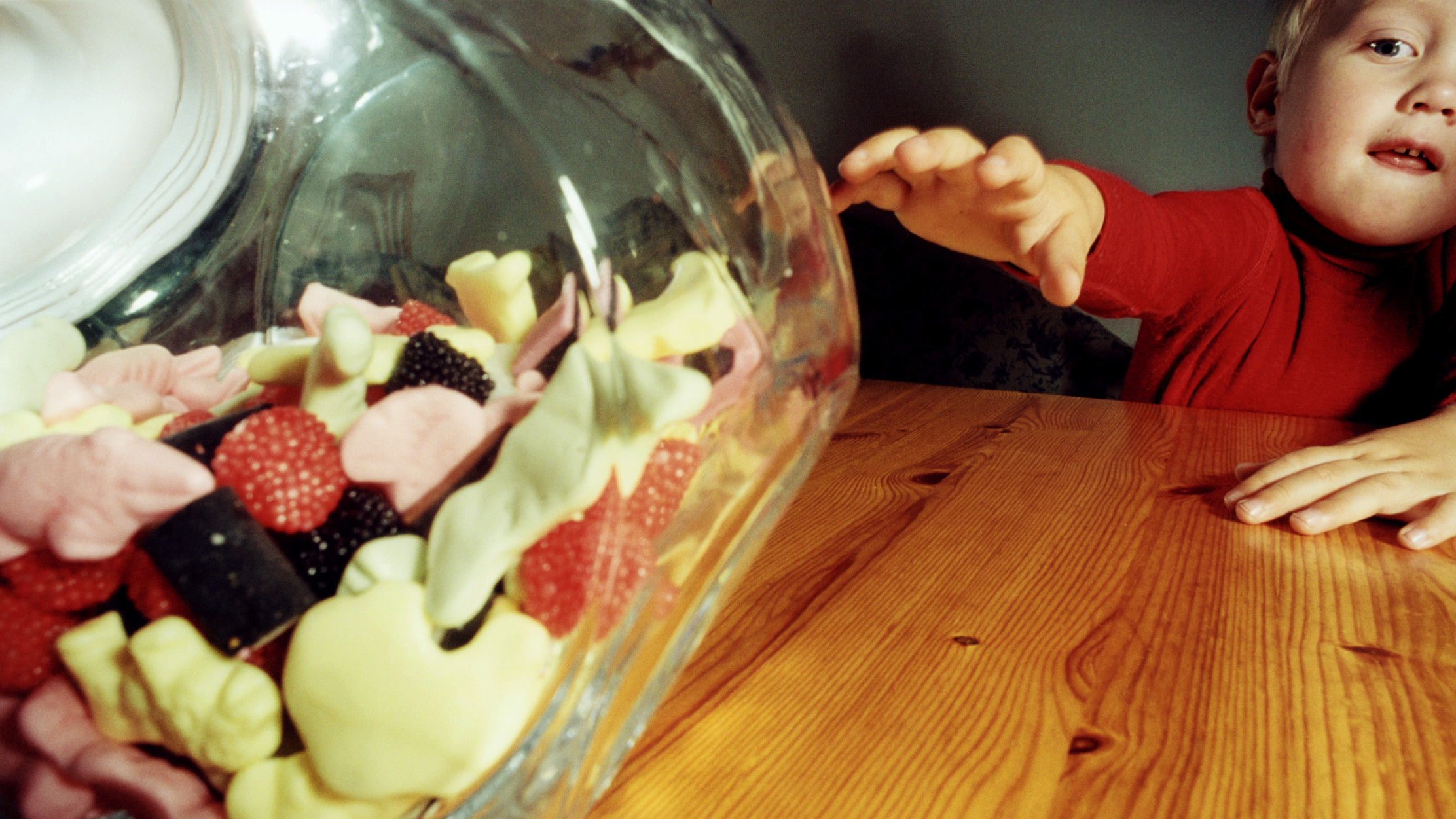Is The "Fruit Snack Challenge" Any Way To Treat A Kid?
Remember the viral internet challenge that involved throwing cheese at babies' heads? Hardly a "challenge" when you're up against a creature with barely any motor skills. Beyond that, the whole thing seemed pointless, an attempt to rack up thousands of meaningless video views at the risk of inflicting some concrete distress (however minor or fleeting) upon one's baby. That said, it took the internet by storm for a few weeks, until we all moved on and stopped tossing dairy products at our children.
Now, things are headed even further down the psychological rabbit hole with the Fruit Snack Challenge, an internet meme that involves pouring out a visible handful of fruit snacks in front of your toddler, instructing them not to eat any, and then walking away. A camera is trained on the child the entire time to track their response. For the curious, we submit the video below:
There's no denying that these kids are adorable, and the videos are funny! It's fascinating to observe their behavior when they think they're out from under the watchful eye of authority. But, of course, they aren't, and the thing that makes this interesting to watch is a little phenomenon known as voyeurism. It's never too early to start teaching tots about Big Brother.
This "challenge" is a lot like a famous 1972 psychology experiment observing delayed gratification in children. Researchers at Stanford told children (ranging from 3-5 years old) that they could have one marshmallow immediately, or, if they waited for 15 minutes alone without eating it, they'd be rewarded with two marshmallows. Follow-up studies suggested that kids who were able to wait for additional rewards reaped all kinds of rewards from this mental discipline later in life, like higher SAT scores and lower BMI. But who needs testing rooms and control groups when you've got social media posts? Now, everyone's a Stanford researcher creating piles of data!
To be clear, I don't think that the Fruit Snack Challenge will incite a wave of psychological episodes in children, nor do I think that any parents will respond punitively or even disapprovingly to children who do eat the fruit snacks before the parents return to the room. It's not really the content of the challenge that I'm concerned about, though I'm sure some people are. Mostly, it's just kind of a bummer to notice in video after video just how many of the kids spot the phone conspicuously filming them; even the preverbal toddlers tend to understand that this means Mommy and Daddy are watching, the presence of the camera insisting upon some sort of performance. It's not a lesson in delayed gratification, or self-control, or listening to authority figures—it's a reminder that if you act cute enough, you'll be rewarded with both fruit snacks and an audience of internet strangers.
